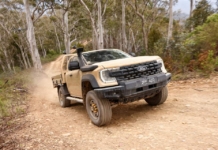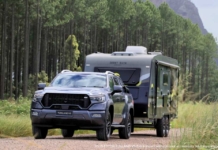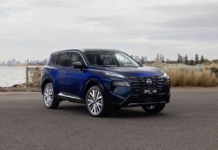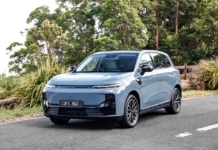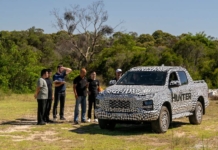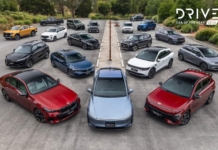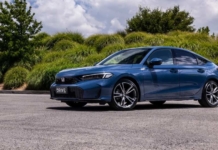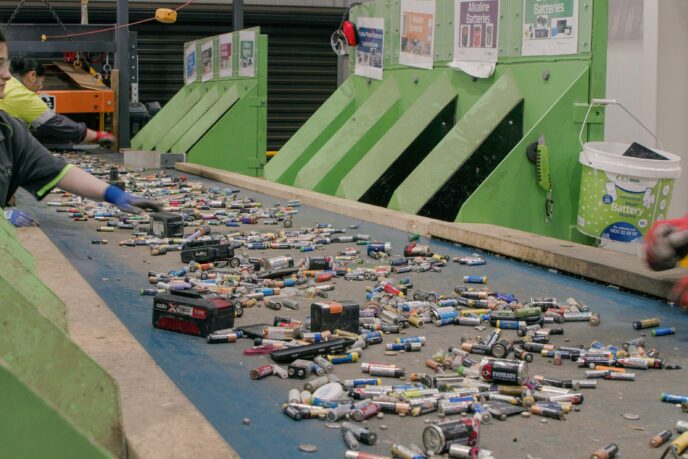
The Australian Competition and Consumer Commission (ACCC) has reauthorised the national Battery Stewardship Scheme for another five years, providing long-term certainty as Australia moves toward regulated battery product stewardship.
The decision allows the Battery Stewardship Council (BSC) to continue coordinating the B-cycle scheme, which now includes more than 700 accredited organisations across the battery lifecycle.
The Battery Stewardship Council (BSC), has been actively consulting with the automotive industry (including the Federal Chamber of Automotive Industries) on developing a formal stewardship plan for larger electric vehicle (EV) and hybrid vehicle (HV) batteries.
BSC chief executive Libby Chaplin says the reauthorisation recognises the maturity of the voluntary scheme while highlighting the need for mandatory participation.
“This reauthorisation is an important vote of confidence in B-cycle and the leadership shown by industry in building a circular battery economy,” Chaplin says.
“Voluntary stewardship has taken us a long way, but to meet the scale of the challenge ahead, Government regulation and mandatory stewardship is essential.”
The scheme has established more than 5700 accredited collection sites nationwide, with 95% of Australians now living within 15 minutes travel time of a drop-off point.
Chaplin says the ACCC determination demonstrates that voluntary stewardship and future regulation can work together to achieve better outcomes for battery recycling and recovery.
New governance requirements
The ACCC’s final determination introduces several refinements to strengthen scheme governance and transparency.
The BSC must publish a public consultation protocol by February 2026, along with updates to the independent review process and clarification of annual reporting conditions.
The authorisation enables BSC and its members to continue collective funding and administration of the scheme, ensuring participating producers, importers and retailers contribute fairly to safe battery collection, sorting and recycling costs.
“The ACCC’s determination makes clear voluntary stewardship and future regulation can work together to achieve better outcomes,” Chaplin says.
“It recognises the collaboration, investment and innovation that our members, recyclers and retailers have already delivered.”
The BSC will implement the conditions set out in the ACCC determination while continuing to work with government and industry on the next phase of regulation.
Chaplin says Australia now has the foundation to scale battery recovery nationally, with regulation needed to ensure batteries are managed safely and their valuable materials kept in circulation.

Automobile Magazine-AU







